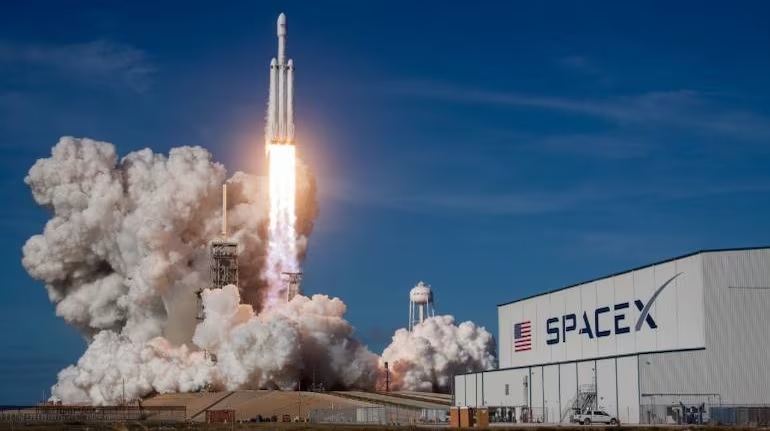Amazon adds Falcon 9 to Multi-Billion-Dollar Project Kuiper launch Campaign

Amazon has inked a deal with SpaceX to launch an unspecified quantity of satellites as part of its Project Kuiper broadband constellation. The launch is scheduled to take place on three Falcon 9 rockets starting in mid-2025. This agreement supplements an existing multi-billion-dollar launch arrangement that involves United Launch Alliance (ULA), Arianespace, and Blue Origin, and covers the deployment of over 3,200 satellites for the Kuiper project.
The decision to collaborate with SpaceX comes in the wake of a legal dispute initiated by a pension fund against Amazon board of directors. The lawsuit alleged that the board had shown "bad faith" by approving the majority of Kuiper launches to unproven rockets developed by ULA, Arianespace, and Blue Origin, without considering SpaceX as a viable option.
Amazon had previously placed orders for rockets from ULA, Arianespace, and Blue Origin, including eight Atlas 5 and 38 Vulcan rockets, 17 Ariane 6 launches, and up to 27 New Glenn missions. However, only the Atlas 5 is currently operational among these options.
The lawsuit also hinted at potential personal conflicts between Amazon founder, Jeff Bezos, who owns Blue Origin, and Elon Musk, founder of SpaceX, suggesting that these interpersonal dynamics might have influenced Amazon decision-making process.
An Amazon spokesperson refuted the claims made in the lawsuit, stating that they were "completely without merit" and had no bearing on the procurement plans for Project Kuiper. The specifics of the SpaceX launch contract remain undisclosed, with Amazon providing limited information in a brief blog post on December 1.
Following successful tests of two prototypes launched by ULA in October, Amazon has announced its readiness to commence the production of the remaining satellites for Project Kuiper. The launch campaign is set to kick off in the first half of early 2024, with initial services expected to begin later in 2024. Notable potential customers include telecom giants such as Verizon in the United States, Vodafone in Europe and Africa, and Nippon Telegraph and Telephone Corporation in Japan.


